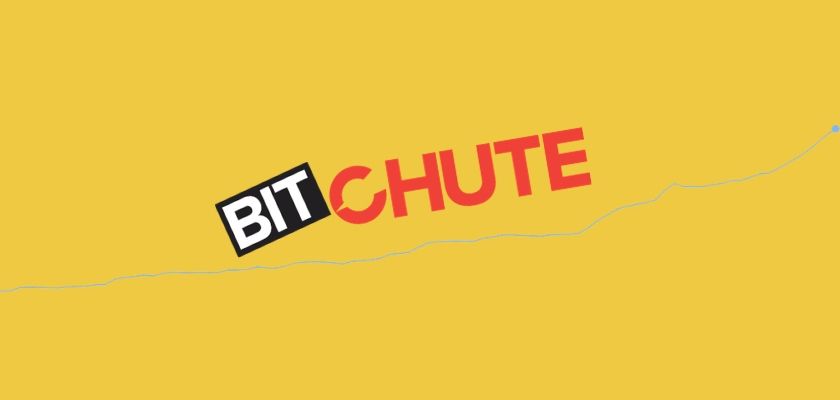When something is being censored – the last thing those censoring it want to see is more interest in what’s been censored.
But such is the nature of things, that almost inevitably, that is one of the unintended consequences of any form of censorship.
Censored content not only often ends up being given an instant boost in popularity – it’s also resilient. Historically, for instance, in the Soviet Union, authors banned and ostracized by the Communist regime found a way to self-publish their books in what was known as the “samizdat” format.
In the modern age, when pretty much every type of expression is taking place online, platforms that are used to publish content have become the ultimate battleground for free speech.
So guess what happened when Google-owned YouTube, the world’s most popular and influential video platform, decided to step up “self-regulation” to the point of banning or demonetizing content creators – even if they didn’t violate any of its terms of service?
The answer is that, much to nobody’s surprise, alternative platforms almost immediately started gaining in exposure and popularity.
One of them is the BitChute, a service that relies on peer-to-peer (P2P) technology to host videos – in other words, on a decentralized model.
In a tweet last week BitChute announced that it had seen a huge rise in engagement and traffic over the last 90 days.
https://twitter.com/bitchute/status/1145356822154375168
The message said that Alexa now ranks the service as “crossing into the top 4,XXX global websites.”
Other than using the agnostic BitTorrent P2P protocol, the video service markets itself as respecting freedom of speech and individual freedoms as its top priorities.
Unlike its giant centralized competitor, YouTube, the platform does not rely on advertising and instead allows creators to receive direct payments from their users.
In the US, many creators – mostly of conservative persuasion – who have either been banned from YouTube, or saw their revenue streams cut off – have been turning to BitChute as the alternative that still allows them to freely express their point of view.
Meanwhile, in what some may see as a show of astonishing hypocrisy, YouTube’s parent Google recently started lobbying against the planned “online harms” rules in the UK – basing their opposition on nothing less than “freedom of speech and privacy” grounds.













